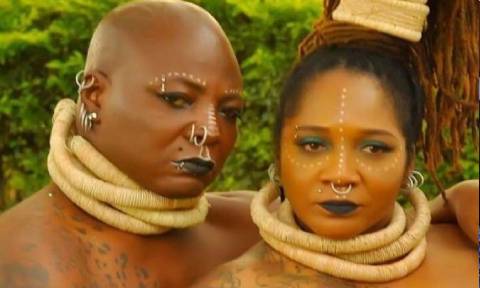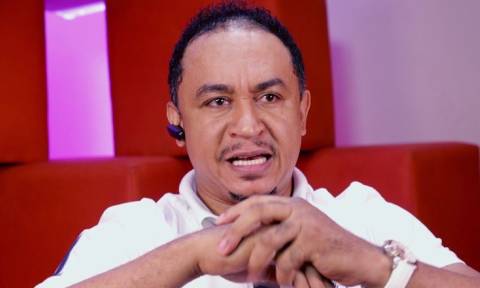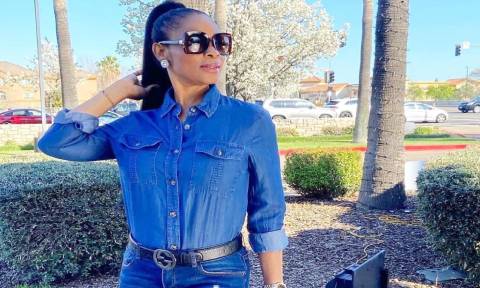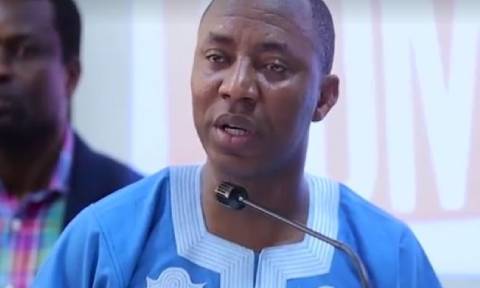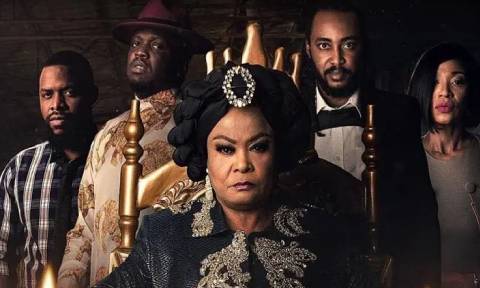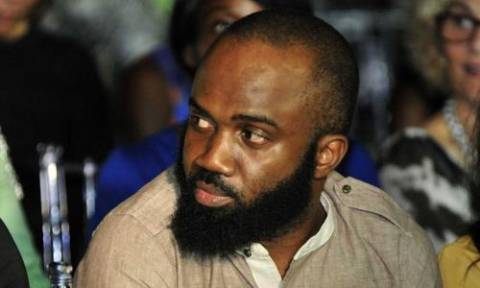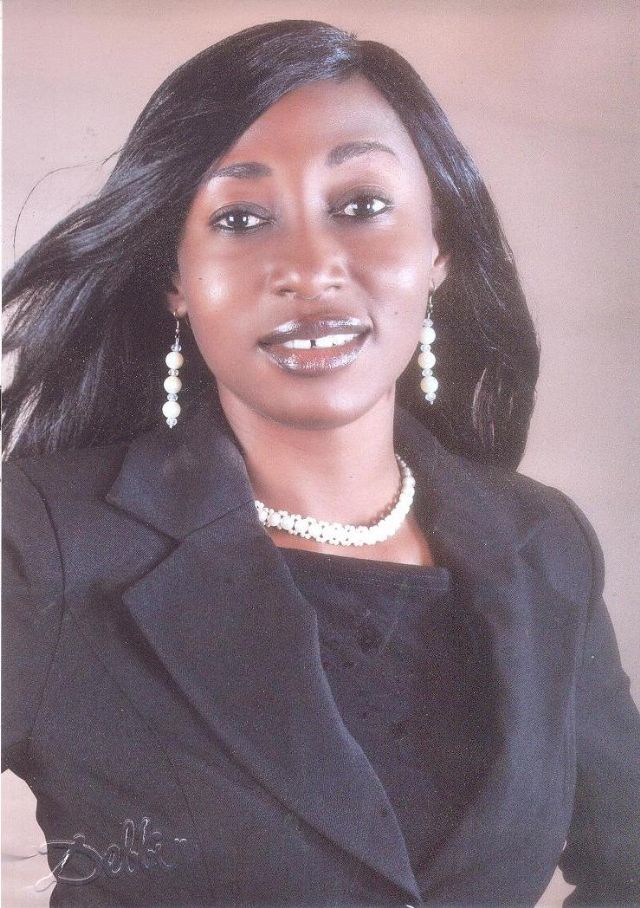
Lawyer, writer and movie critic, Augusta Okon speaks on the benefits of turning literary works into movies and why more filmmakers should embrace it.
AUGUSTA Okon is on a self-appointed task of popularising film adaptations from Nigerian literary works. Though not a new development as examples of movies adapted from novels abound in the country, the University of Ibadan trained lawyer strongly believes it is the way to go.
“I believe it’s an untapped gold mine in Nigeria. It brings books to life via the big screens and since people love what they can see and hear to mere reading, there’s the huge possibility of a rise in the number of those who will storm the cinemas and buy the books at the stores,” she says.
Indeed, works including Professor Wole Soyinka’s ‘Kongi Harvest’, the popular TV adaptation of the late Professor Chinua Achebe’s ‘Things Fall Apart’, Ademola Aremu’s ‘Ewe Oju Omi’ adapted from Femi Osofisan’s ‘A Restless Run of Locusts’, Tunde Kelani’s ‘The Narrow Path’, ‘O leku’ and ‘Thunderbolt’ adapted from works by Bayo Adebowale, Akinwumi Isola and Adebayo Faleti appear to give credence to Okon’s claim. Other successful film adaptations include Ebi Akpeti’s ‘The Perfect Church’ and Chimamanda Adichie’s ‘Half of a Yellow Sun’ shot in Calabar and due to premiere soon.
These, however, are not enough for the publicist, premiere planner and film critic who says more can be done.
Explaining why she considers film adaptations important, Okon, author of two novellas, ‘Bola and The Kidnappers’ and ‘Trust No One’ published as a teenager by Nelson Publishers says, “Besides serving as a better alternative source of recouped investments to original works, it creates a combination of literature and film which makes us eventually want to read the book, watch the movie while listening to the characters’ dialogue.
It can re-vitalize the reading culture with time, build a book into a brand, and strengthen the collective promotion of the book between the publisher and filmmaker. Authors can make valuable contributions on set to the director and screenwriters who specialize in adapted works will emerge. It also boosts healthy competition between adapted and original film productions.”
Though confident of the box office mileage film adaptations can have, the film critic is quick to warn that it does not translate to instant success.
“It would be wrong to say that all film adaptations gives instant success because various factors such as the popularity of the author, the work being adapted, ability of the screenwriter to critically interpret the original work and make it exciting, the quality of the film’s production taking into cognizance vital elements such as sound, lighting, cinematography, editing, directing, cast, amongst other things, play vital roles in determining its success.
However, it has been proven beyond our shores that in comparison to original works, film adaptations can supersede original works at the box office and other fora.”
If things are as she says, why are a number of Nigerian filmmakers reluctant to try adaptations? “I believe it’s because they’re largely unaware of its endless possibilities,” she replies.
But will the demand for high royalty by an author not scare a filmmaker?
“Authors put in a lot of effort into creating beautiful stories, taking months and sometimes years to perfect. The story is the fulcrum of the movie, so why shouldn’t they be paid well?
If you can afford to pay the lead cast mouth watering fees why shouldn’t ‘the brain’ behind the story be equally paid well? You can have the best thespians, but if the story has no depth, it bombs! A filmmaker can also reach a compromise with the author.”
Nonetheless, Okon is well aware of the challenges of film adaptations. “There’s the possibility of the film falling short of readers expectations and even the author’s. Some readers might prefer the film to the book and vice versa. Some might not like the modification, deletion of certain parts and would rather prefer the exact replica of the original work.
There are lots of pages to compress within the two hours or less time frame, bearing in mind that an hour and a half movie will get more slots at the cinemas than a two hour movie.
There’s also the possible shallow understanding of the work by the screen writer, replicated in the incorrect interpretation. That’s why it is good to engage the services of one who specializes in such or connects with literature and can easily interpret same.”
To help in her quest to promote film adaptations, Okon runs a blog, ‘9aijabooksandmovies’ where she discusses books and movies screening at theatres. “I see it as a platform, which with time, will become the reference point for filmmakers who seek books to adapt into films and surfers will get the latest information about both spheres,” she says.
Asked if her goals are achievable, she says: “I believe in proper growth and development. We want immediate, outstanding results at once, we don’t want to follow the laid down principles and exercise patience.
If filmmakers are patient, play their cards right and there’s an explosion in cinema chains alongside distributors who know their onions, the concept is certainly attainable.”
Click the link below to go to…
I’m A Witch–Veteran Actress Confesses To TB Joshua (Pictures)
Photonews: Ini Edo Buries Mother-In-Law In Edo State
Ezinne Couldnt Get Pregnant Because Of Her 1992 Abortion Thats Why I Left Her” – Solomon Akiyesi


